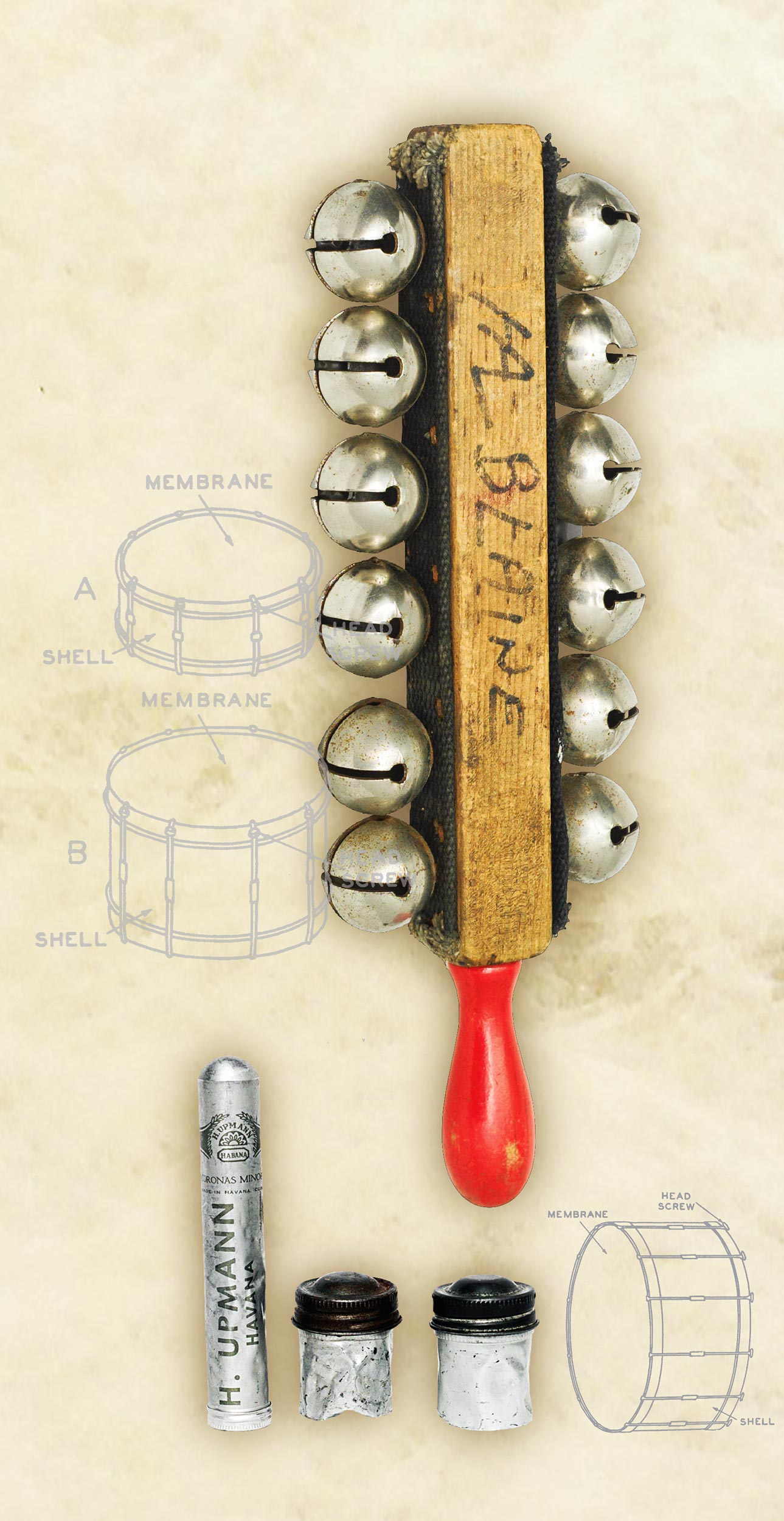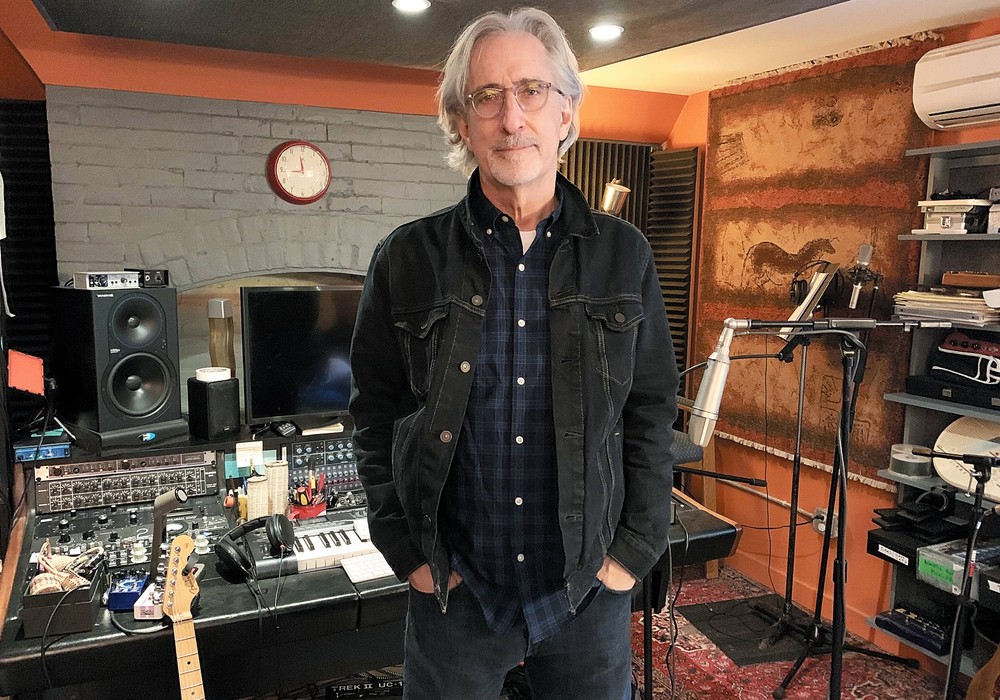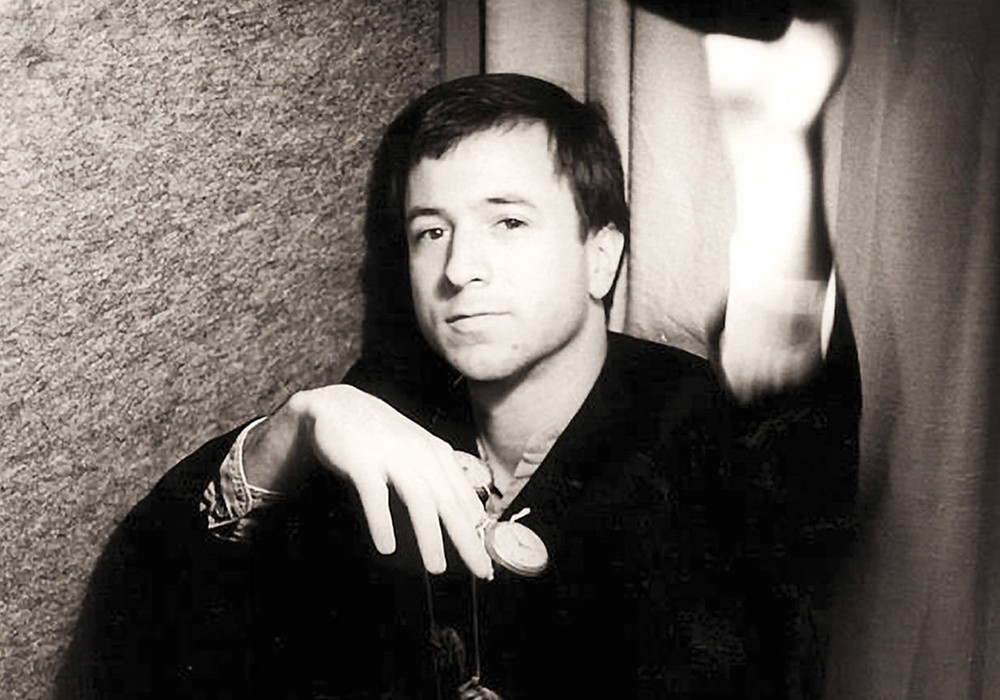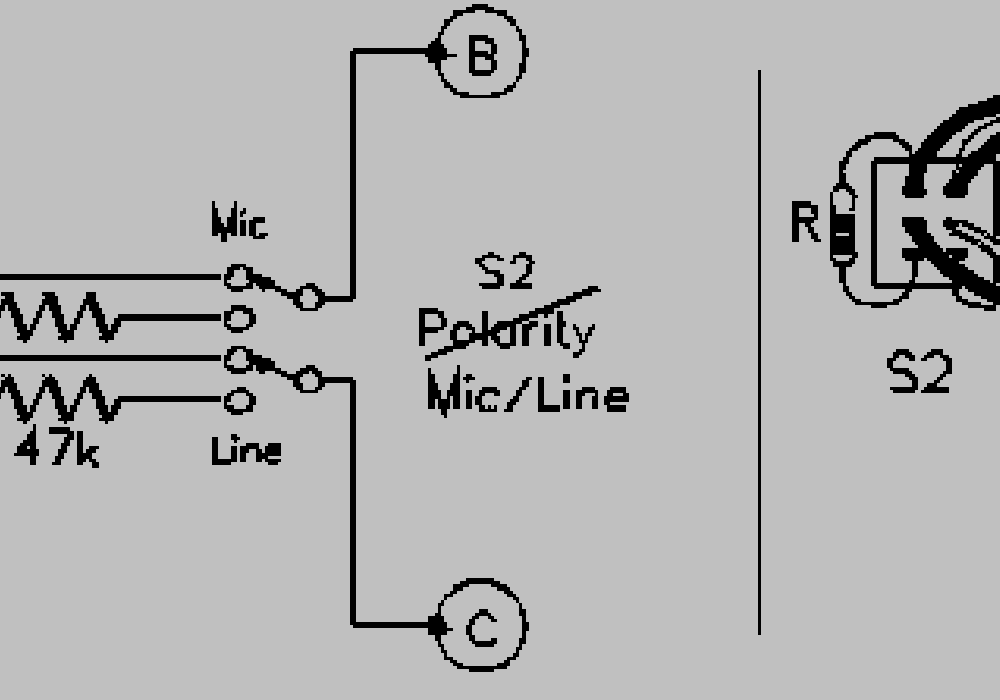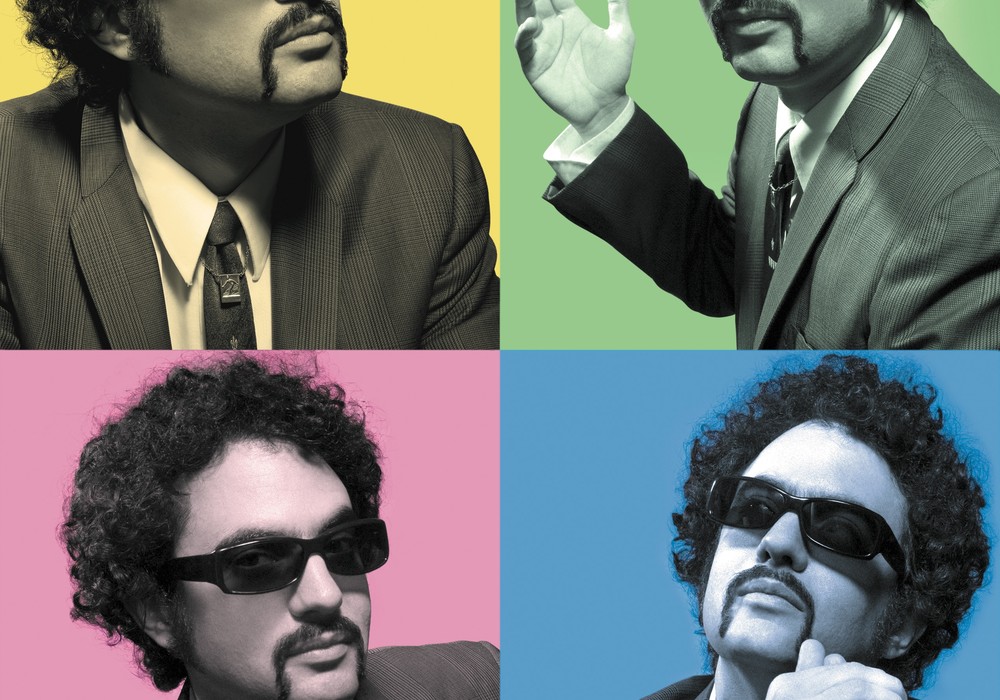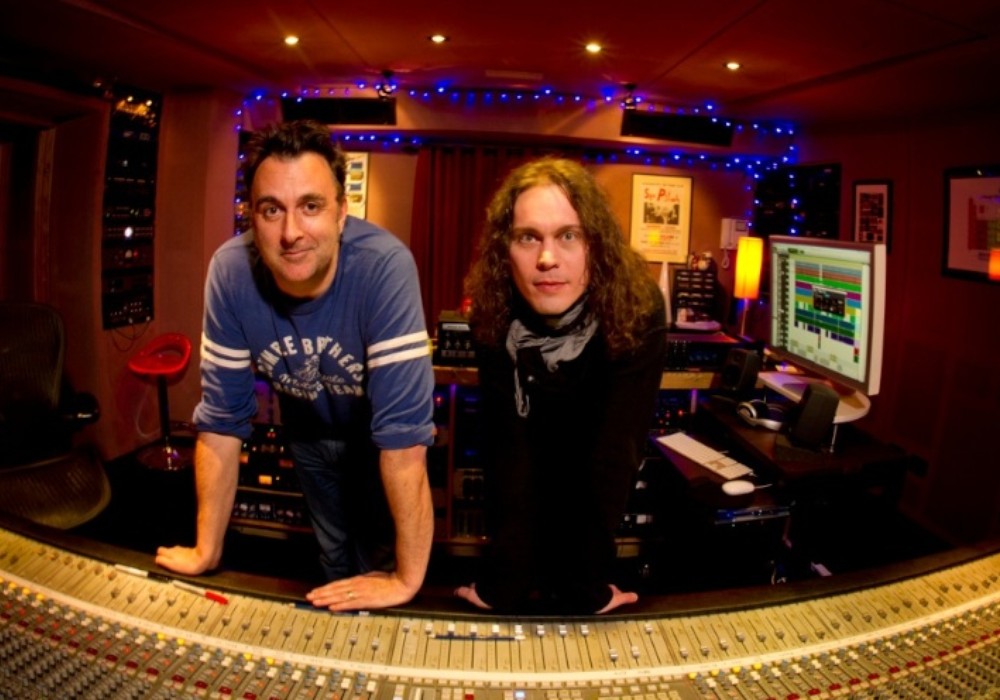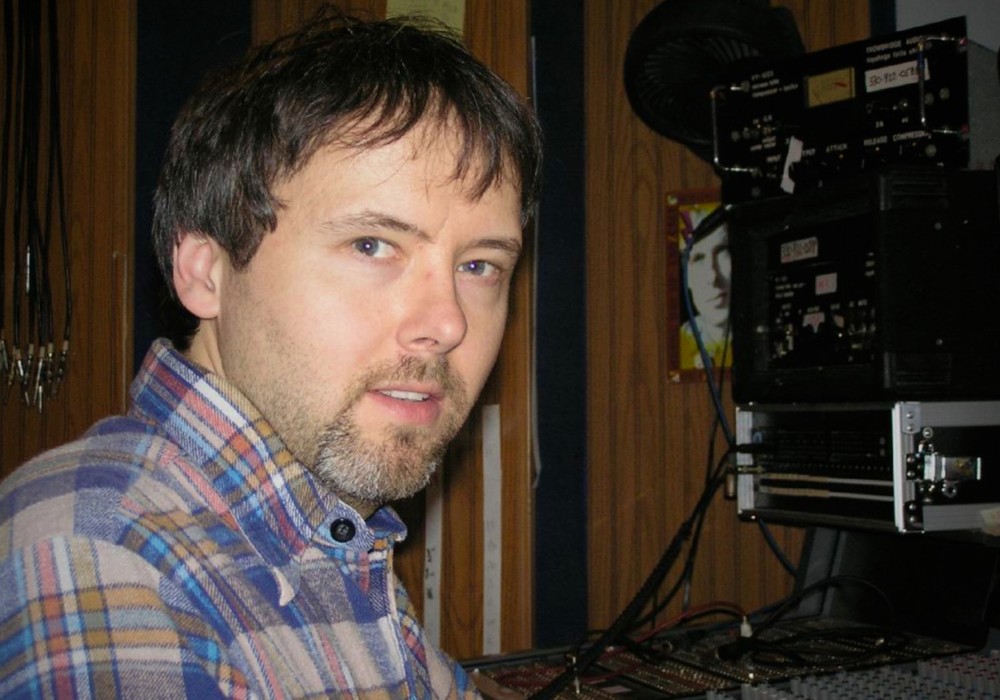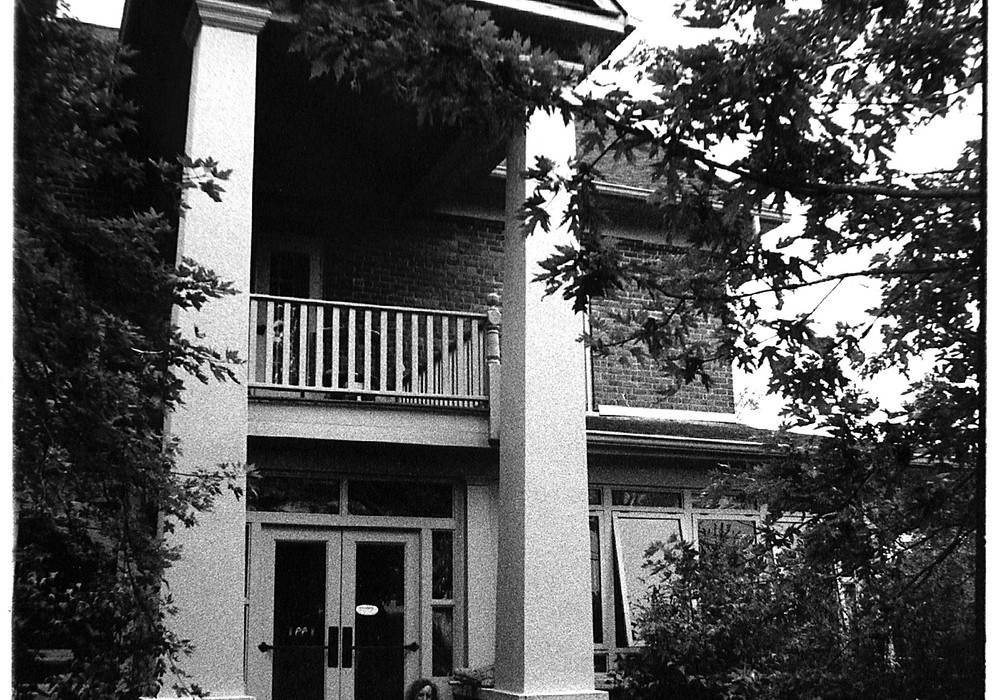
John Leventhal’s record production skills first caught my ear when I was a young kid obsessed with Shawn Colvin records. Since then, his playing and production has influenced me more than any other musician. As a producer and engineer, John has made records for Shawn Colvin, Rosanne Cash (to whom he is married), Marc Cohn, William Bell, Sarah Jarosz [Tape Op #140], and many others. As a multi-instrumentalist, he has played with artists such as Jackson Browne [#105], Bruce Hornsby, Donald Fagen, and Rodney Crowell. As a songwriter, his songs have been recorded by Vince Gill, Jim Lauderdale, Joe Cocker, and Patty Loveless, to name just a few. John has a unique and rare talent for arranging and capturing deep, rich textures from virtually anything that makes noise. Due to the pandemic, we each sat down in our home studios and chatted over Zoom about the records he has previously worked on, as well as the one he is currently working on – his own.
I was going to ask if you had ever considered making a solo record, but it sounds as if you’re already doing it!
Yeah. I guess I should learn how to talk about it, because it’s not like I’ve been broadcasting it. Although I’ve mentioned it on occasion for probably ten years. I’m not a compelling singer. I wouldn’t want to sit through an album with me singing, so I wouldn’t expect anybody else to. [laughter]
I would have expected it to be instrumental.
I would say it’s 75 percent instrumental and maybe 25 percent singing. I’m going to sing a couple of tunes. I have a tune Shawn Colvin is singing. I may have a tune that Sarah Jarosz is singing. As you know, it’s much harder in the music business to sell records now. So, I thought, “Well, what am I waiting for?” The tsunami of history when the pandemic hit was almost like a sign. A few months into the pandemic, I gave myself over to the process of doing it. It was a lot of work; I had no idea what I could do that wouldn’t make me cringe, because I’m my own worst critic. I’m writing, playing, and engineering everything. So, it’s a bit of an audio conceptual Tetris nightmare trying to figure out how to make it all work and fit. I’m slowly getting there. For a while it felt overwhelming, but now I see the light at the end of the tunnel.
How do you fight off all those inner critics?
I gotta say, it’s been an interesting journey. I have a pretty strong internal critic. I’ve had to come up with strategies and protocols over the years to both pay attention to him and keep him at bay. My standards are high, and I want it to be compelling music.
How did you get into session playing and studio work?
The first record I produced was Steady On by Shawn Colvin. We made it in 1987 or ‘88, and it came out in ’89. I had moved to Manhattan around 1981. Before that I had been a gigging sideman right outside of Manhattan, but then I moved to Manhattan when rent was cheap. I didn’t have any big goal to be a record producer, but I had always written songs. In tandem with me learning how to play the guitar, right from the beginning I wrote songs. The first time I learned three chords, I took those three chords and wrote a song with them.
How was the first record you produced a major label debut album?
Well, that could probably still happen now. It was an incredibly great confluence of events that took place in the latter half of the 1980s. At the same time, I was writing songs and gigging, starting to do some sessions and jingles. I was also maybe a tad ahead of the curve with the home recording thing. I bought every generation of the Tascam and/or TEAC 4-tracks and 8-tracks. I wasn’t super cognizant about every aspect of recording, but I was learning how to utilize multitracks and doing everything myself. The short version is I met Shawn Colvin, and we hit it off. In the beginning we were writing songs and thinking about trying to get hits. Then some little epiphany happened; Colvin and I found our voices as songwriters, and we jettisoned any idea of being commercial. I was never going to be happy as a sideman, so I started focusing more on writing and doing these songs on my 4-track. We recorded a bunch of tunes we wrote that ended up on Steady On, and I guess I did a good enough job making the demos.
So, they let you produce the whole album.
Yeah. I had a certain musicality, and I had a certain instinct for arranging. I was always the guy in the band paying attention to what the bass player, the drummer, and the keyboard player were doing. I always had this intuitive grasp that the parts in the machine had to fit together well. I loved music so much, and had listened to it so much, that I was...
